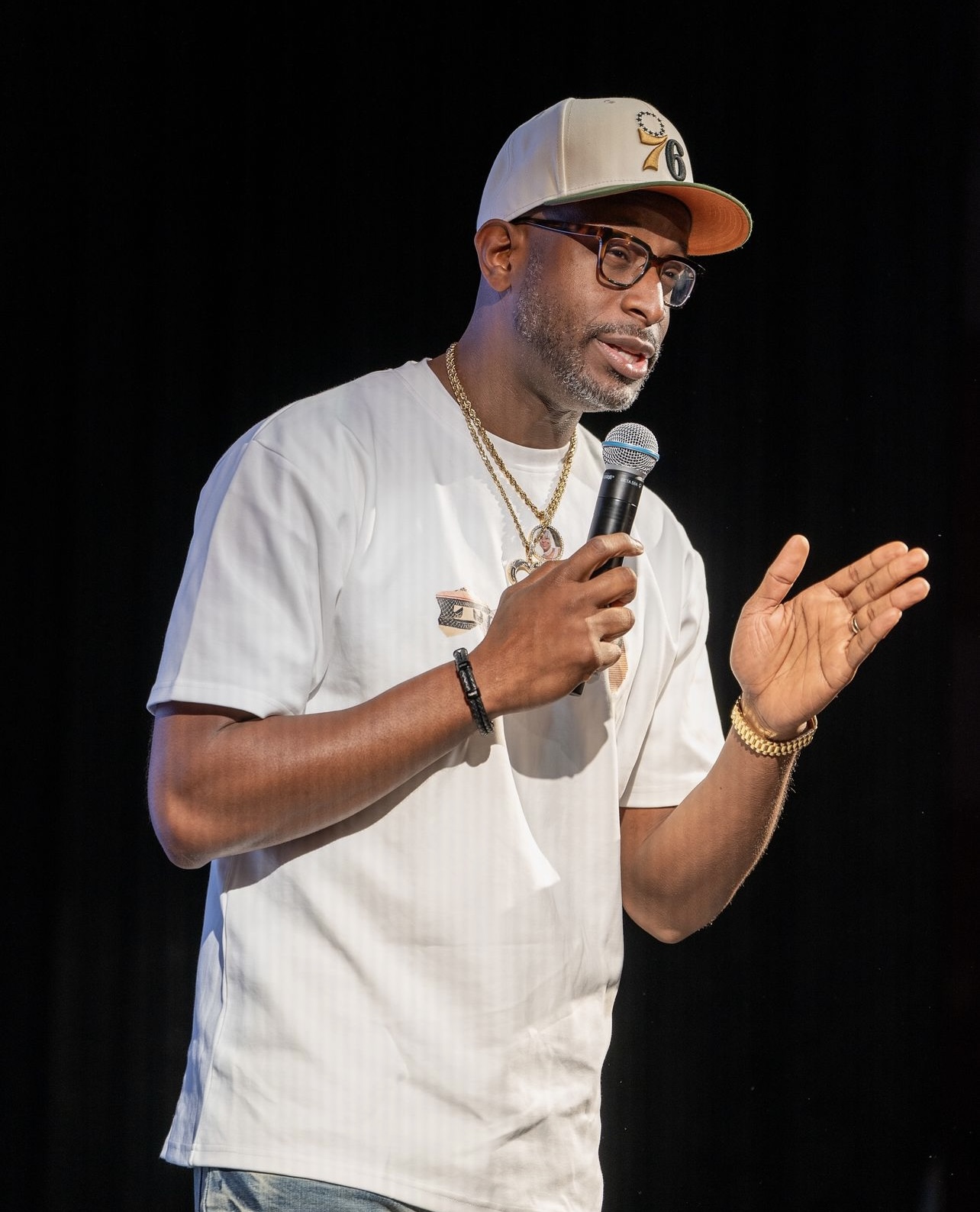Amazon has achieved a significant milestone in the delivery business, surpassing both United Parcel Service Inc. (UPS) and FedEx to become the largest delivery service in the United States in terms of parcel volume. This achievement, as reported by The Wall Street Journal based on internal Amazon data and knowledgeable sources, reflects Amazon's substantial growth and strategic expansion in the logistics sector.
In 2022, Amazon's package delivery volume in the U.S. exceeded that of UPS, continuing a trend that saw the company overtake FedEx in 2020. By the end of the year, Amazon was projected to deliver approximately 5.9 billion packages in the U.S., surpassing UPS's estimated domestic volume of 5.3 billion and FedEx's combined domestic Express and Ground parcel volume of around 3.05 billion for the fiscal year ending May 31, 2023.
While Amazon leads in residential deliveries in the U.S., it has yet to match the global reach and comprehensive service offerings of UPS and FedEx. Analysts at JPMorgan have noted Amazon's proficiency in its one-way delivery network, which ensures rapid delivery of goods. However, the company still lags behind in terms of a diverse pick-up and delivery network.
Amazon's ascension in the logistics domain began in earnest in 2018 with the launch of a program encouraging entrepreneurs to start their own delivery franchises for Amazon packages, with an initial investment as low as $10,000. This model, akin to FedEx’s Ground unit, employs contractors for local delivery routes. Amazon's logistics network has grown substantially, featuring about 200,000 drivers in the U.S., enabling it to scale its daily package delivery capacity significantly.
The onset of the pandemic presented a strategic opportunity for Amazon to further bolster its e-commerce and logistics operations. The company inaugurated hundreds of new warehouses, sorting centers, and other logistics facilities. Between the start of the pandemic and late 2021, Amazon nearly doubled the size of its logistics network, emphasizing its commitment to expanding its delivery capabilities and solidifying its position as a dominant player in the U.S. delivery market.



